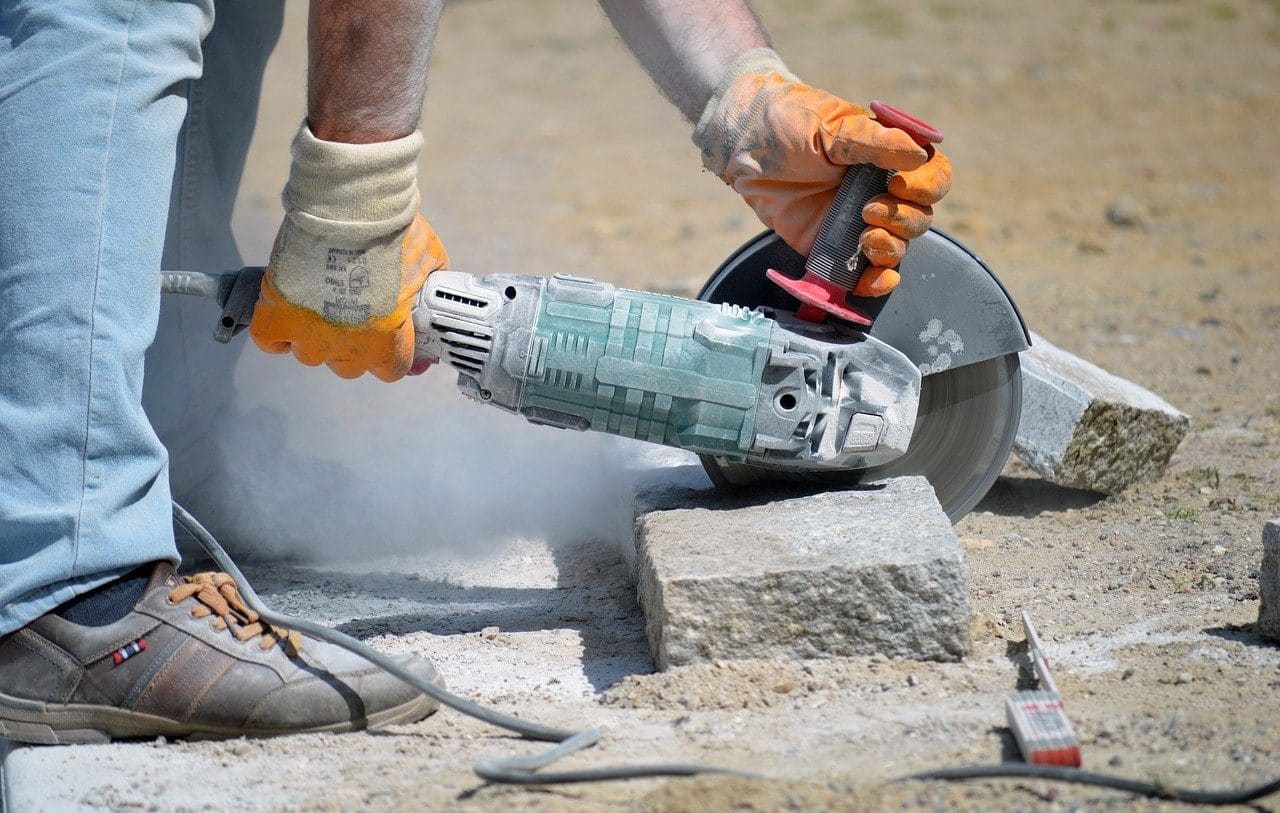
The notion of occupational noise is associated with noise pollution.
Occupational noise is the noise pollution that is generated in a work sector and that mainly affects the workers there. This is one of the most frequent reasons for disability .
It should be noted that noise is a strident and inarticulate sound that is generally annoying to the ear. Labor , for its part, is that linked to work (the physical or intellectual effort that is paid).
Damage caused by occupational noise
There are people who, due to the characteristics of their work, are exposed to loud noises for several hours a day. This work noise can cause health problems in the short and long term, from damage to your hearing to increased stress, sleeping disorders and problems in the circulatory system.
Workplace noise can damage the hair cells found in the ear and whose function is to convert sound into an electrical signal that the brain can interpret. When these cells are damaged by exposure to loud noises for a long time, the individual may suffer a decrease in their hearing capacity known as sensorineural hearing loss .
Many people are not aware that exposure to occupational noise can cause significant hearing loss . However, the data provided by certain studies indicate that the number of people with problems of this type on the European continent is greater than the total number of inhabitants of France .

Workplace noise can affect the health of workers.
An example
A worker who works in the construction sector is likely to be subjected to work noise for much of the day, due to the type of machines used in this activity.
To minimize the effects of workplace noise, it is important that you use earplugs and that your employer find ways to reduce noise pollution (by purchasing the quietest equipment, for example).
Work noise and pregnant women
For pregnant women there is one more drawback: the fetus can also be harmed by constant exposure to high levels of occupational noise, as blood pressure rises to abnormal levels .
According to various studies, enduring these conditions during pregnancy leads to greater fatigue and the risk of hearing damage due to low frequencies. It is inevitable to take special measures for these cases, in which mere protection of the mother's ears does not solve the problem.
The accidents
One of the most common consequences of workplace noise, apart from health problems, is the increased risk of accidents . This relationship between noise and workplace accidents is an issue of utmost importance for companies that cannot avoid the presence of this type of harmful sounds, since it can affect workers in the following ways:
- Make adequate communication with colleagues and superiors difficult, both to understand instructions and orders and to understand warning signs in the event of imminent dangers , such as the fall of a heavy object, a collapse or a spill of toxic substances, for example.
- Just as workplace noise can prevent a worker from correctly hearing the words of others, it can also mask other noises, indicative of potential accidents.
- Distract workers from the aspects to which they should pay special attention. This happens very often in the field of vehicle driving because the noise from the streets makes it very difficult to concentrate on the road and respect the different signals , since some of them are also audible.
- Contribute to the development of work stress , which usually leads to errors of various magnitudes, from those that are easily repairable to those that are fatal.
